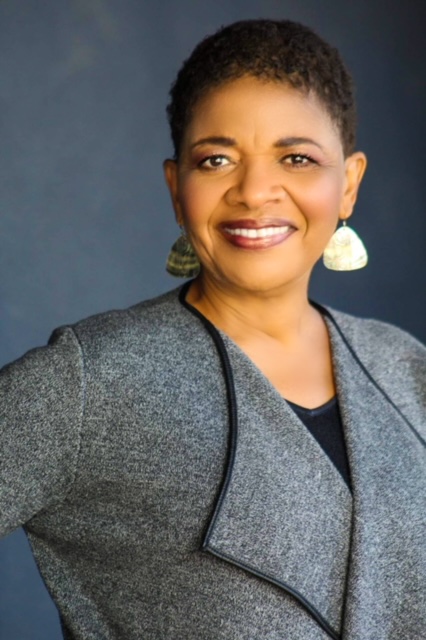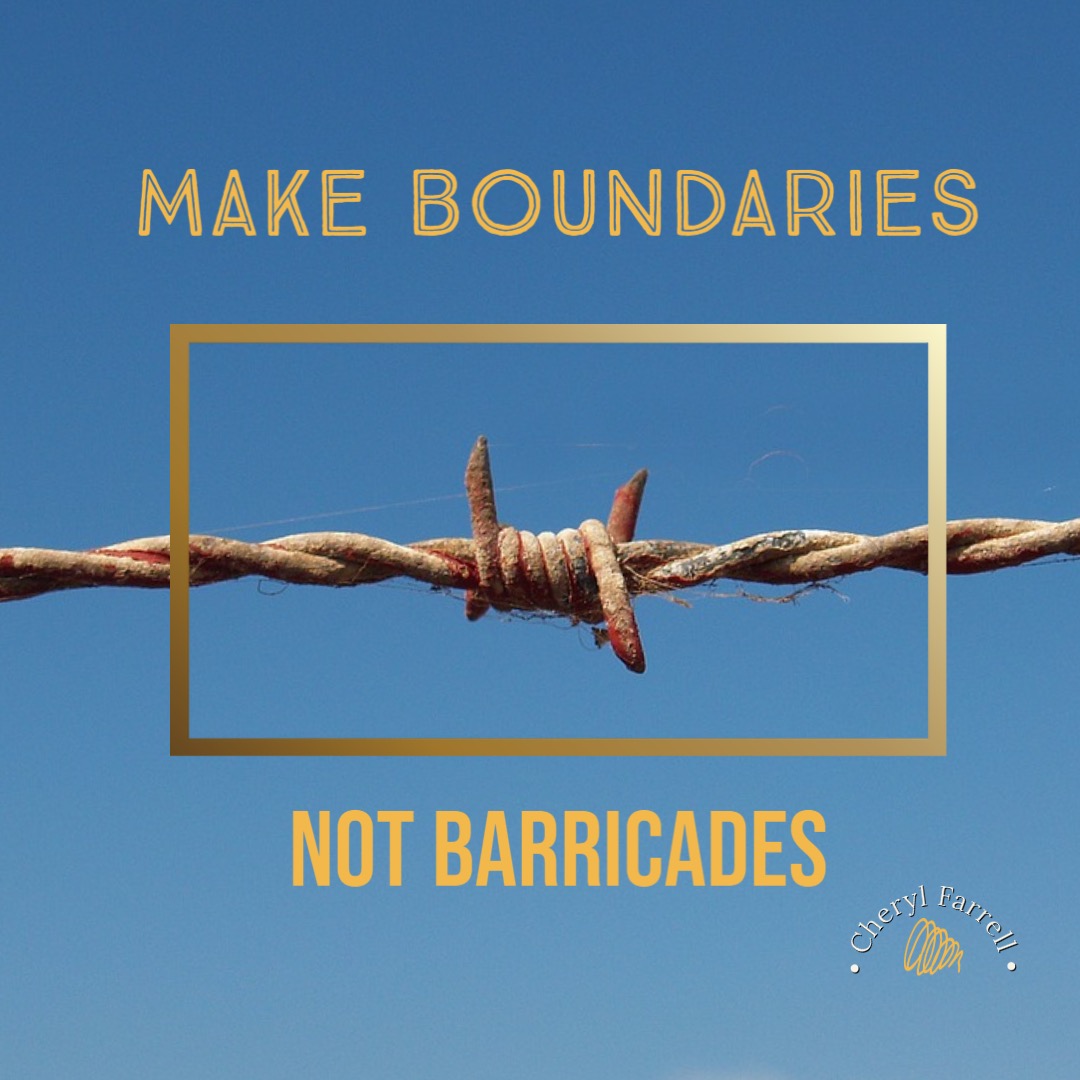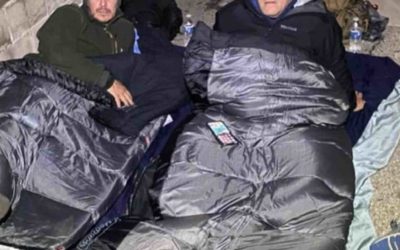On the theme of boundaries,
guest contributor Cheryl Farrell believes that setting boundaries
should not prevent the good from coming in.
In a moment of exasperation with a long-time friend, I asked, “Who have you become? Who are you?”
I’ve known “Mary” for more than three decades. We were like sisters of different races. Even now, mentioning our racial difference is unseemly. Until the day I confronted her, it didn’t matter that Mary is white and I’m Black.
When our children were young, we shared daycare resources. We spent long hours in consoling conversations during the loss of jobs, marriages, and parents. I thought we had a connection that would stand the test of time. Sadly, it looked as if our time ran out due to a major difference of opinion.
I didn’t see it coming
The civil unrest of 2020 and the U.S. presidential election a few months later exposed a hairline fracture in our relationship that became a major crack. I had to ask, “What happened to you, my friend?” She asked the same of me.
The details of our newly discovered differences are not important to reveal here. Suffice to say, our deep-seated beliefs about racial equality versus privilege led us to a great measure of hurt. After several attempts to sort out our issues, I needed to shut this hurt down. I needed to shut Mary out.
I recalled a psychological strategy to set boundaries as a way to preserve friendships. According to licensed therapist Cori Hill, “Having boundaries in a friendship is not just about saying ‘no’ … it’s about managing walls, doors and windows—navigating the space between you and another person.”
RELATED: Cheryl Farrell’s Hope – The Noun
Boundaries became barricades
I labeled Mary’s number in my cellphone as “do not answer.” I gave terse responses to her less frequent text messages. In general, I removed her from my thoughts. I needed to protect myself from future hurt. Unfortunately, the boundaries I set up became barricades.
When I shut out my long-time friend, I inadvertently shut out other people. They weren’t necessarily Mary’s friends, but they were folks who reminded me of her. I was trying to avoid those who may offend me when they reached philosophical crossroads. But, just as I don’t want to be stereotyped, I shouldn’t deny good people based on superficial similarities.
After nearly nine months, I set up a new approach with Mary that allows me to have “porous” boundaries. We agreed not to talk about politics. It’s awkward and stifling at times, and I’m still wounded from the initial hurt. However, this renewed relationship opened me back up to my friends. Life is too short to set up barriers to the good things we can experience.
RELATED: Cheryl Farrell’s Where Were You When?

Cheryl Farrell
Cheryl Farrell is a corporate communications consultant and performance storyteller in Southern California. She has decades of experience in healthcare, education, and financial services. Cheryl was an original cast member of the Jeopardy! Clue Crew and toured the world appearing in more than 1,000 video clips. As a public speaker, she often examines how older black women excel at the intersections of race, gender, and age. Cheryl has a master’s degree in Communication Management from USC and a bachelor’s degree in economics from UCLA. She is married and has two adult children.
Photo credit - NiketaCH Photography
Connect With Us on Social Media!
RECENT FAVES
Tips for Hitting the Road with Your Furry Friends
Part 1 of Kathlene McGovern’s 2 part series on the best and safest ways to travel with your furry friends!
I’m Just Curious
Dove Rose give us ideas on how to stay curious! Keep it Fresh in the Kitchen, on the Drive and in your Life. New ideas to keep our mind alive!
Living Unhoused for a Week: Ken Craft Takes to the Streets
Ken Craft of Hope of the Valley lives unhoused on the streets of the San Fernando Valley for 100 hours and shares the challenges, insights and struggles he faced on this journey.





Cheryl Farrell’s story was very timely and well told.